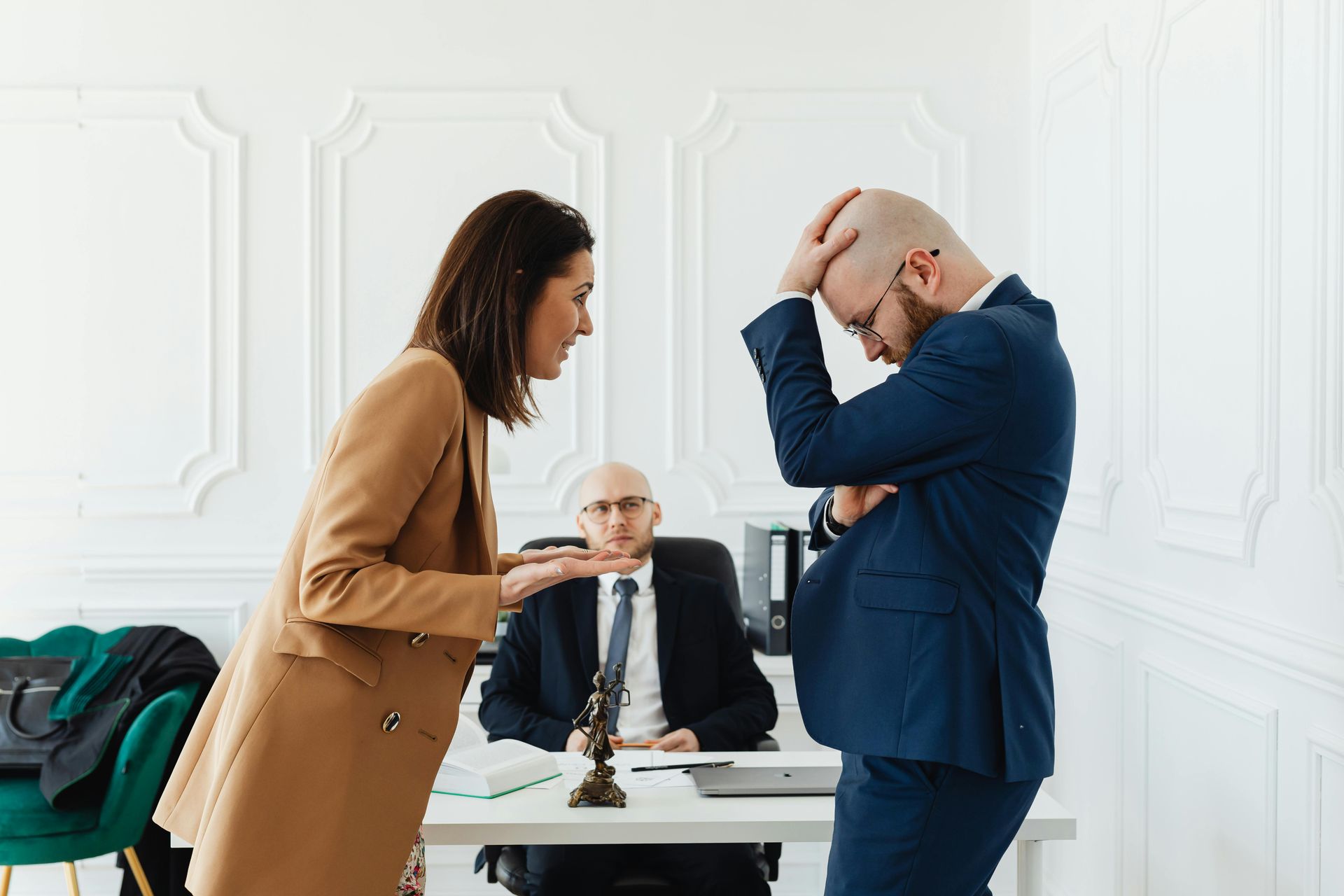PRESS RELEASE ANNOUNCING PARTNERS
ATTORNEYS IN DALLAS
Wilson Whitaker Rynell Announcement
CONGRATULATIONS TO NEW FIRM PARNTERS JENNIFER RYNELL & LEIGH WHITAKER
WILSON WHITAKER RYNELL, an intellectual property law, family law, corporate law and litigation firm based in Dallas, Texas, is pleased to announce the promotion of Jennifer M. Rynell and Leigh Caudle Whitaker to the positions of Partner with the firm.
Leigh is focused on assisting clients in family law, probate law, trademark protection, and civil litigation. Leigh's education and wide-ranging experience provide her with a unique ability to counsel and advocate for our clients. Leigh has worked as a law clerk for a civil and family law litigation firm in Houston, and as an associate attorney for a personal injury firm in Dallas. Leigh manages trademark and trade dress registrations and maintenance. Leigh was selected to the 2021 Texas Rising Stars list. Leigh received her juris doctor from South Texas College of Law, and her undergraduate degree from the University of Texas at Arlington.
Jennifer’s practice focuses primarily on intellectual property and commercial litigation in federal district courts and has also included appellate practice in the Federal Circuit including appeals and mandamus relief in patent cases. Jennifer began her practice at Bickel & Brewer gaining experience in complex commercial litigation involving general business, hospitality, insurance, and environmental law. Jennifer has also practiced extensively in Texas state courts in a wide variety of matters. Jennifer was selected to the Rising Stars list in 2009 - 2015. Jennifer was previously employed by Bickel & Brewer and Shore Chan DePumpo LLP. Jennifer received her juris doctor from Southern Methodist University, and her undergraduate degree from Southern Methodist University.
“We are delighted to have Jennifer and Leigh become Partners in the firm. Leigh has shown herself to be an exceptional intellectual property law, family law, and probate attorney with a steadfast work ethic dedicated to supporting her clients. Jennifer has extensive patent litigation and trial experience from nationally known firms and is a passionate advocate in achieving her client’s goals. She travels throughout the United States supporting her clients,” said John T. Wilson, the firm’s Managing Partner.
About:
Wilson Legal Group P.C. (d/b/a Wilson Whitaker Rynell) has been advocating for clients since 2003. With offices in Dallas, Texas, Wilson Whitaker Rynell is a well-known intellectual property boutique law firm dedicated to representing clients in the protection and commercialization of intellectual property, trademarks, patents, copyrights, business litigation, corporate law, and personal areas such as family law and probate. The firm has gained local and national recognition in the areas of intellectual property law and family law and has secured a “Readers Choice Award” in the local community it services.
Our Dallas Business Lawyers Focus On The Client
Our business lawyers represent individuals, small businesses, entrepreneurs, creative artists, and inventors. Whether you need to start a new business, apply for a trademark, or negotiate a contract, our lawyers are ready to serve your diverse needs. Our Dallas business litigation lawyers also represent and defend clients in court throughout the United States, including the U.S. District Courts for the Eastern District of Texas, Northern District of Texas, Southern District of Texas, and Western District of Texas.
Need any help?
CONTACT US FOR YOUR CORPORATE, LITIGATION, AND PERSONAL LEGAL NEEDS
CLIENT MATTERS
5,000+
YEARS OF SERVICE
25+
Award Winning
Recognized in the legal industry as dedicated board-certified lawyers and Rising Stars.
Expert Team
Your project will be handled by legal experts every time. You will have the most experienced attorneys working for you.












